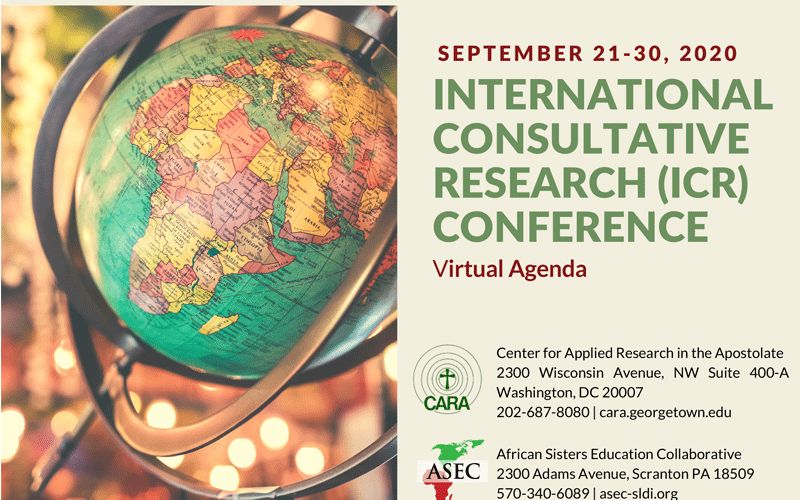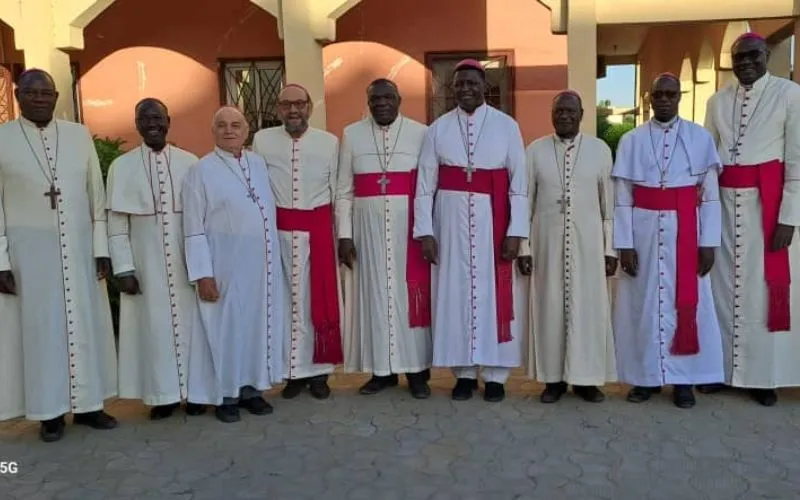Nairobi, 27 September, 2020 / 11:09 pm (ACI Africa).
The ongoing ten-day virtual international research conference aims at creating a global network of researchers who will have the task of examining the apostolate of Catholic nuns across the globe, one of the organizers has told ACI Africa.
Dubbed the International Consultative Research (ICR) conference, the September 21-30 online forum has been spearheaded by two U.S.-based entities. They include the Center for Applied Research in the Apostolate (CARA) at Georgetown University and the African Sisters Education Collaborative (ASEC).
“The International Consultative Research (ICR) conference aims to create a network of researchers, both religious and lay, who study the lives and work of Catholic sisters, globally,” the Executive Director of ASEC, Sr. Draru Mary Cecilia told ACI Africa Saturday, September 26.
Sr. Draru added that “the conference offers a unique platform for those who are currently studying Catholic sisters (including Catholic sisters themselves) to share their research and connect with other researchers, while also identifying emerging areas of research, potential collaborations and funding opportunities.”
The member of the Congregation Little Sisters of Mary Immaculate of Gulu (LSMIG) in Northern Uganda further told ACI Africa that the virtual conference is the result of a recognition by ASEC and CARA leadership of “the large research gap that exists in terms of studies conducted by, with and about Catholic Sisters, particularly in Africa.”








